Whether you’re an occasional baker or a daily baking enthusiast, proper care of your bakeware is essential for maintaining its performance, durability, and appearance. Each type of bakeware—be it metal, non-stick, glass, ceramic, or silicone—requires specific handling and cleaning techniques to keep it in top shape. Follow these detailed care tips to ensure that your bakeware lasts for years to come!
Table of Contents
General Bakeware Care Tips
Regardless of the material, here are some universal practices for maintaining all bakeware types:
- Read the Manufacturer’s Instructions: Always start by following the care instructions provided by the manufacturer, especially for specialty or premium bakeware.
- Avoid Extreme Temperature Changes: Moving bakeware directly from a hot oven to a cold surface or from the freezer to the oven can cause warping or shattering (particularly with glass and ceramic). Allow bakeware to reach room temperature before switching extremes.
- Avoid Sharp Utensils: Metal or sharp tools can scratch the surface of non-stick, silicone, and some metal bakeware, leading to scratches, chips, and reduced non-stick effectiveness.
- Use Parchment Paper or Liners: Using parchment paper on metal and non-stick surfaces not only makes cleanup easier but also protects the surface from scratches and residue.
Metal Bakeware Care
Metal bakeware, including aluminum and carbon steel, is prized for its excellent heat conductivity, but it requires careful handling to prevent rusting, warping, and other wear.
Cleaning Tips:
- Hand-Wash Only: Metal bakeware should generally be hand-washed to maintain its coating and shape. Use warm, soapy water and a soft sponge or cloth.
- Avoid Abrasive Cleaners: Steel wool or abrasive cleaners can scratch the surface, affecting its finish and creating spots where rust can develop.
- Dry Thoroughly: Metal bakeware is prone to rust, so make sure it’s completely dry before storing. You can even place it in a warm oven for a few minutes after washing to evaporate any remaining moisture.
Storage Tips:
- Stack Carefully: When stacking metal bakeware, place a paper towel or cloth between each piece to prevent scratches.
- Avoid Storing in Humid Areas: Keep metal bakeware in a dry environment to prevent rust, especially for carbon steel pans, which are more prone to rusting.
Non-Stick Bakeware Care
Non-stick bakeware offers easy release and hassle-free cleanup, but it needs gentle care to keep its coating intact.
Cleaning Tips:
- Use Mild Detergents: Clean non-stick bakeware with mild soap and a soft sponge. Avoid harsh detergents, which can strip the coating over time.
- Skip the Dishwasher: Even if non-stick bakeware is labeled dishwasher-safe, hand-washing is best for prolonging its life.
- Avoid Cooking Sprays: Cooking sprays can leave a sticky residue that builds up over time and diminishes the non-stick performance. Use a light coating of oil or butter instead.
Storage Tips:
- Separate with Soft Liners: When stacking, use felt liners or paper towels to avoid surface scratches.
- Avoid Overheating: Non-stick coatings can degrade at high temperatures, so avoid using them for broiling or very high-heat baking.
Glass Bakeware Care
Glass bakeware provides excellent heat distribution, but it is fragile and prone to shattering if exposed to sudden temperature changes.
Cleaning Tips:
- Let it Cool Before Washing: Allow glass bakeware to cool completely before washing to prevent thermal shock, which can cause it to crack or shatter.
- Remove Stubborn Stains with Baking Soda: For any baked-on stains, make a paste of baking soda and water, apply it to the stains, and let it sit for a few minutes. Then, scrub gently with a non-abrasive sponge.
- Avoid Abrasive Pads: Scratches on glass make it more susceptible to breaking, so only use soft sponges.
Storage Tips:
- Nest Carefully: When storing, place a soft cloth or paper towel between stacked glass pieces to prevent chips or scratches.
- Store Upright or on a Stable Shelf: Ensure that your glass bakeware is stable and won’t easily be knocked or fall, as it’s prone to breaking.
Ceramic Bakeware Care
Ceramic bakeware is durable and attractive, but it requires proper handling to avoid chips, cracks, and stains.
Cleaning Tips:
- Hand-Wash with Mild Detergents: To prevent chipping and maintain the glaze, hand-wash ceramic bakeware and avoid abrasive scrubbing.
- Soak for Stubborn Stains: For baked-on residues, soak ceramic in warm water for 15-20 minutes before scrubbing.
- Avoid Thermal Shock: Like glass, ceramic is sensitive to sudden temperature changes, so let it cool gradually before washing.
Storage Tips:
- Avoid Stacking or Use Liners: If you stack ceramic bakeware, place soft liners between pieces to prevent chipping.
- Store Away from Hard Surfaces: Avoid storing ceramic bakeware directly on metal shelves, as it can easily chip if knocked.
Silicone Bakeware Care
Silicone bakeware is highly flexible and durable, but it’s prone to retaining oils and odors if not cleaned thoroughly.
Cleaning Tips:
- Clean with Mild Soap: Use warm, soapy water to wash silicone bakeware, paying extra attention to remove oils, as silicone can absorb them.
- Remove Odors with Baking Soda: If the bakeware retains any odors, sprinkle it with baking soda, let it sit, then rinse thoroughly.
- Dishwasher Safe: Most silicone bakeware is dishwasher-safe, making it easy to clean. However, if you notice residue buildup, hand-washing may help.
Storage Tips:
- Stack Flexibly: Silicone bakeware can be bent and folded without damage, so it’s easy to store. Just avoid placing heavy items on top to prevent deformation.
- Keep Away from Sharp Objects: Though durable, silicone can still be cut or punctured by sharp objects, so store it separately from knives and utensils.
Quick Care Tips for Specialized Bakeware
Some bakeware pieces require additional attention to keep them in top shape:
- Springform Pans: Make sure to dry springform pans thoroughly to prevent rust, as they often have metal clasps and hinges that can corrode. Store in a way that doesn’t compress the seal to ensure it stays watertight.
- Bundt Pans and Detailed Molds: Gently scrub with a soft-bristle brush to clean hard-to-reach areas without damaging the finish.
- Cast Iron Bakeware: Season cast iron bakeware regularly to maintain its natural non-stick coating. After each wash, dry it thoroughly and apply a light layer of oil.
Long-Term Storage and Care Tips
If you have bakeware that you use infrequently, here are some ways to maintain its quality in storage:
- Regular Inspections: Even if you don’t use bakeware often, check it periodically to ensure there’s no damage, rust, or odor buildup.
- Use Protective Covers: If possible, cover bakeware with plastic or fabric to keep dust and moisture out, especially for items stored in cupboards or garages.
- Store in Low-Humidity Areas: Avoid storing metal bakeware in humid locations to prevent rusting.
Conclusion: Why Proper Care Matters
Investing a little time and effort into properly maintaining your bakeware not only prolongs its lifespan but also ensures consistent and high-quality baking results. When bakeware is in peak condition, you’ll notice more even cooking, reliable release, and a better overall baking experience. Whether you're using non-stick, silicone, glass, or metal, these simple care tips will help you enjoy your bakeware for years to come, saving you money and enhancing your baking endeavors.

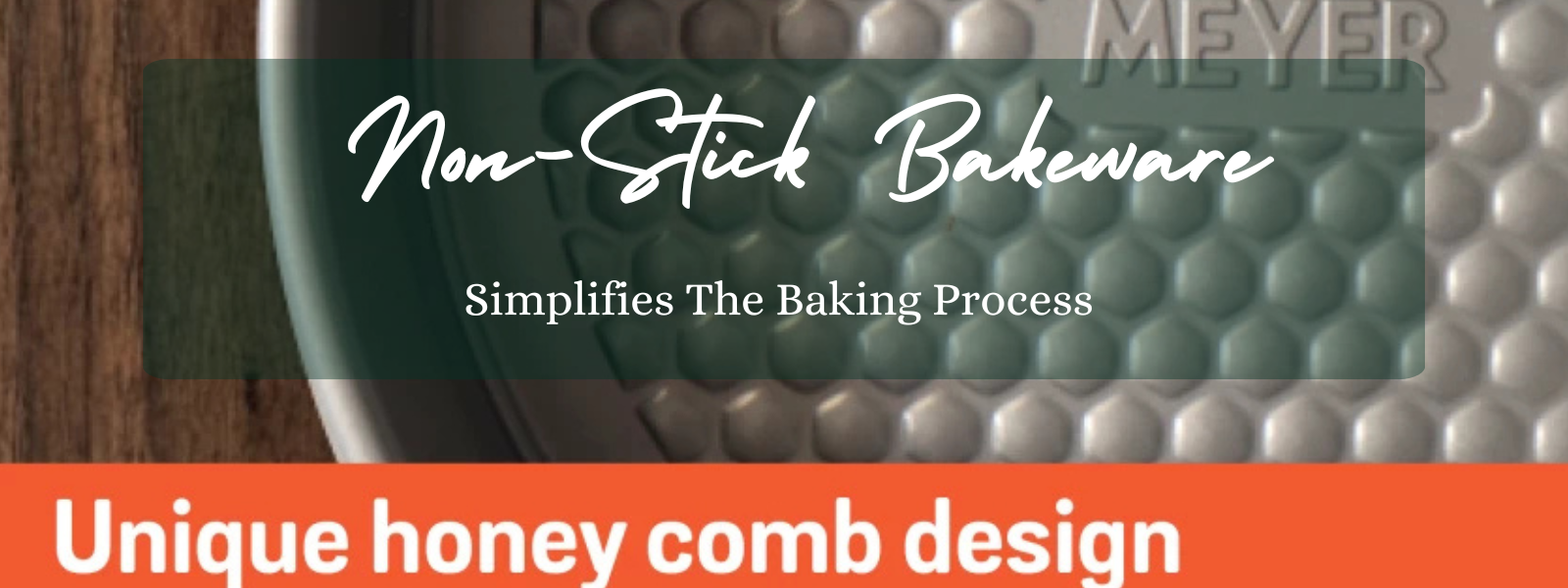
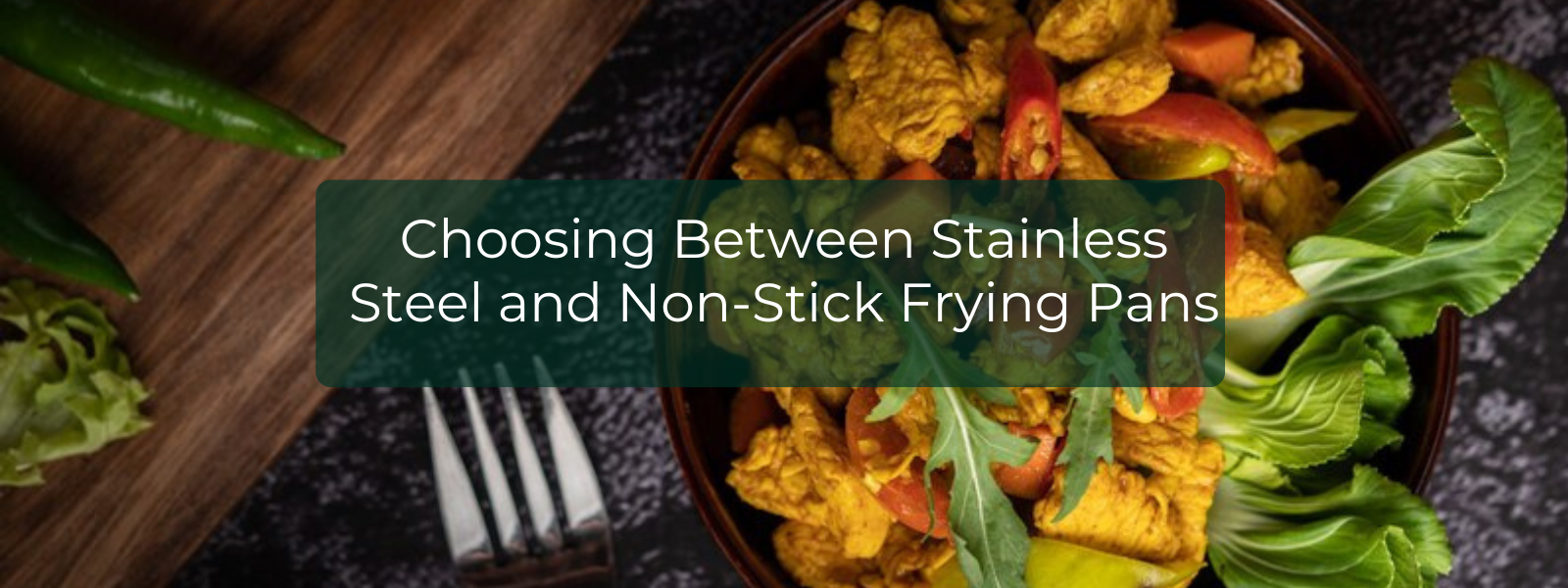
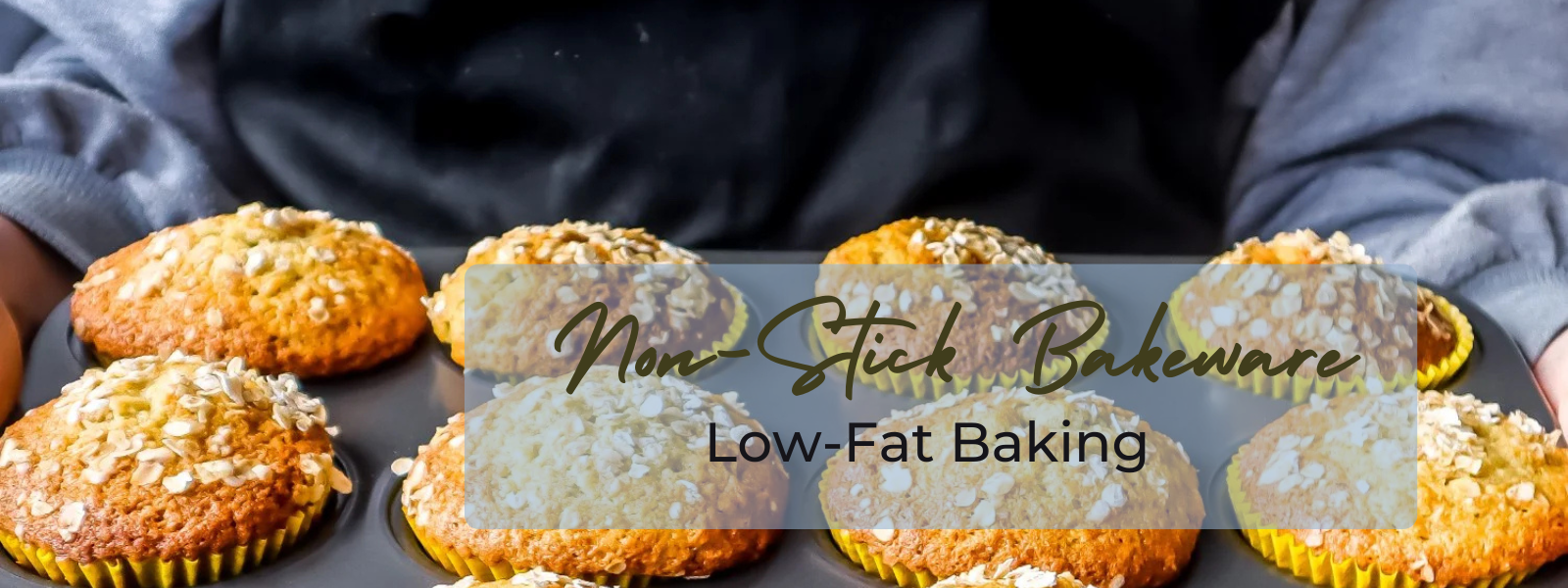
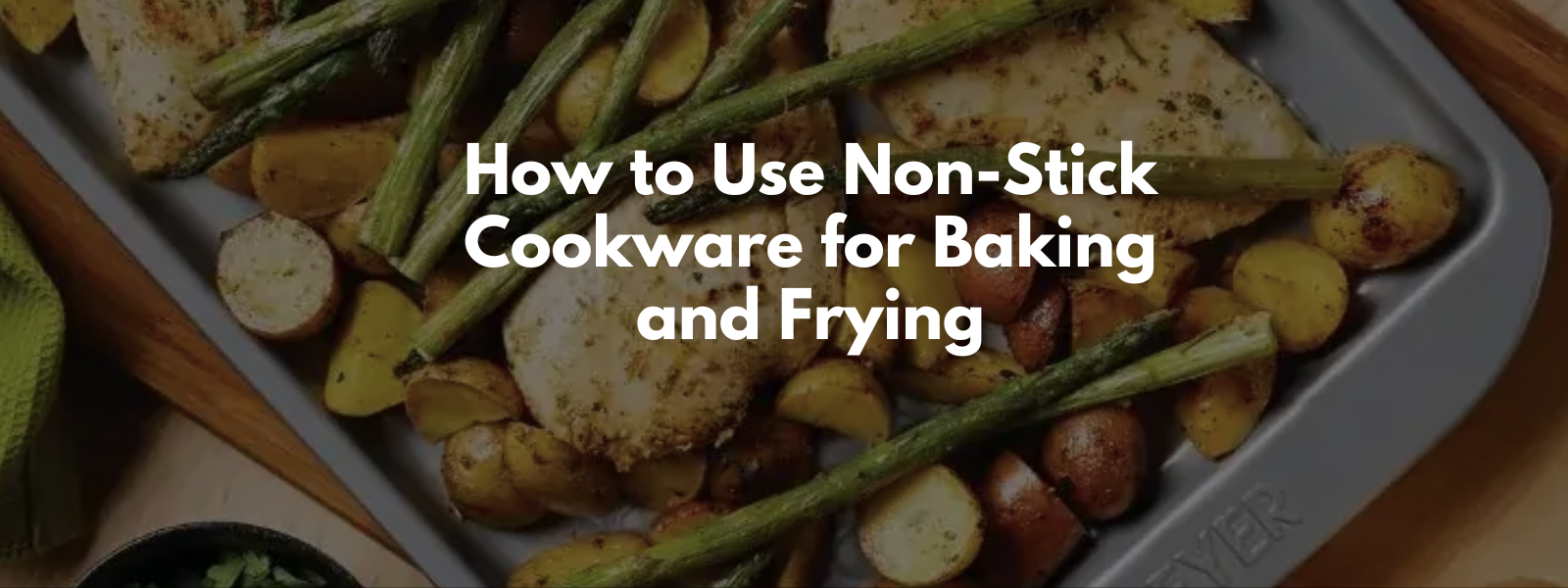
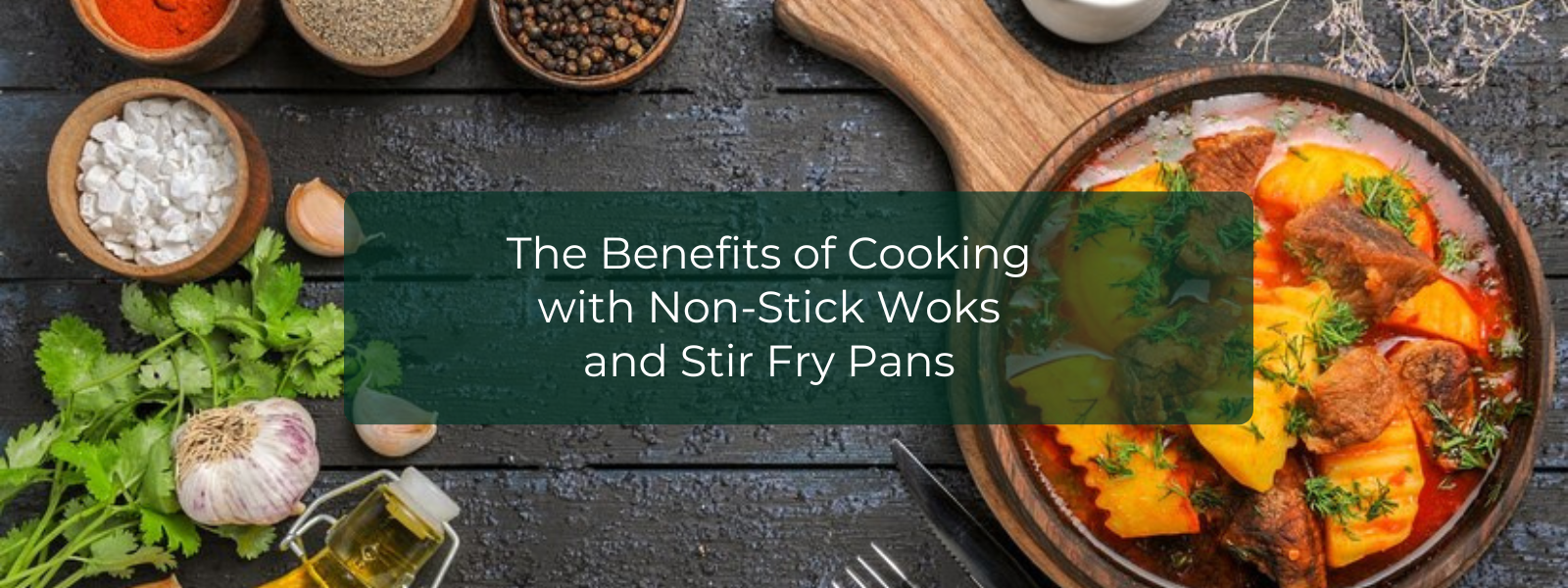
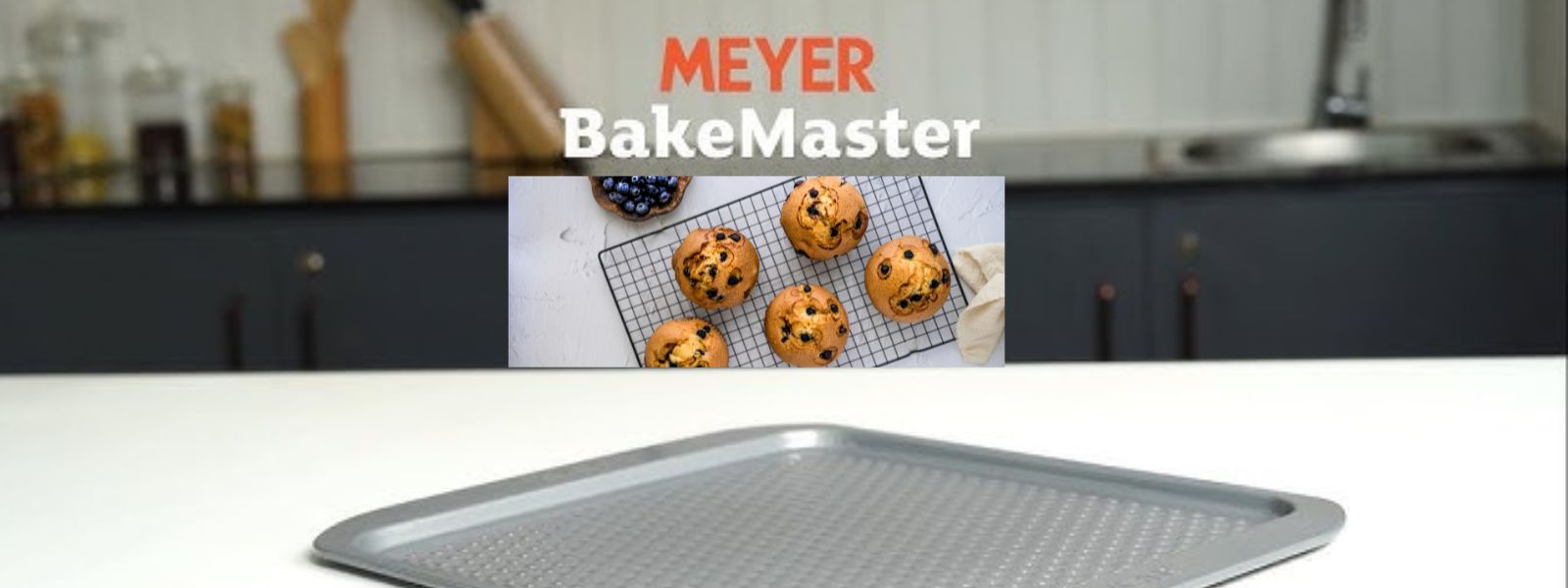
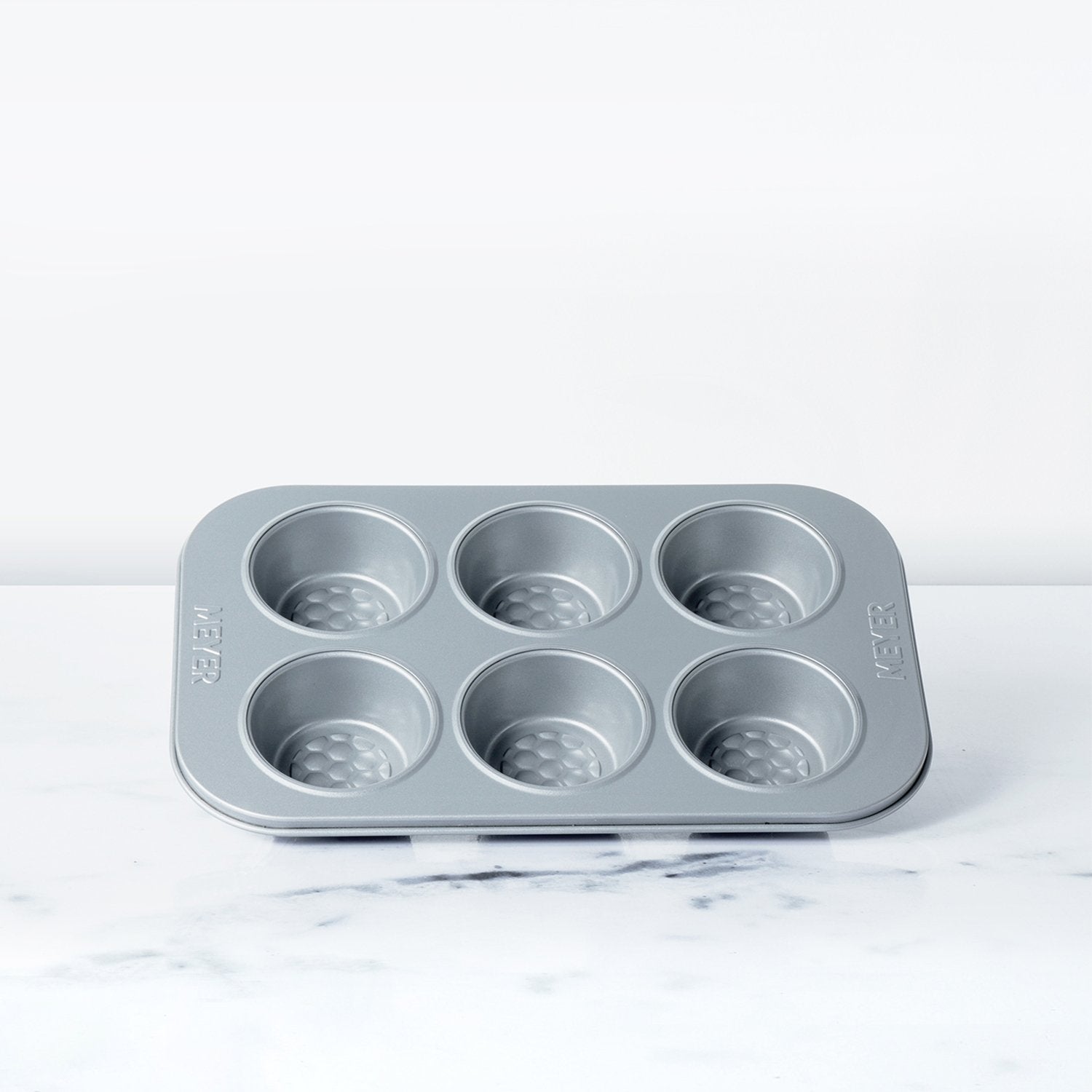
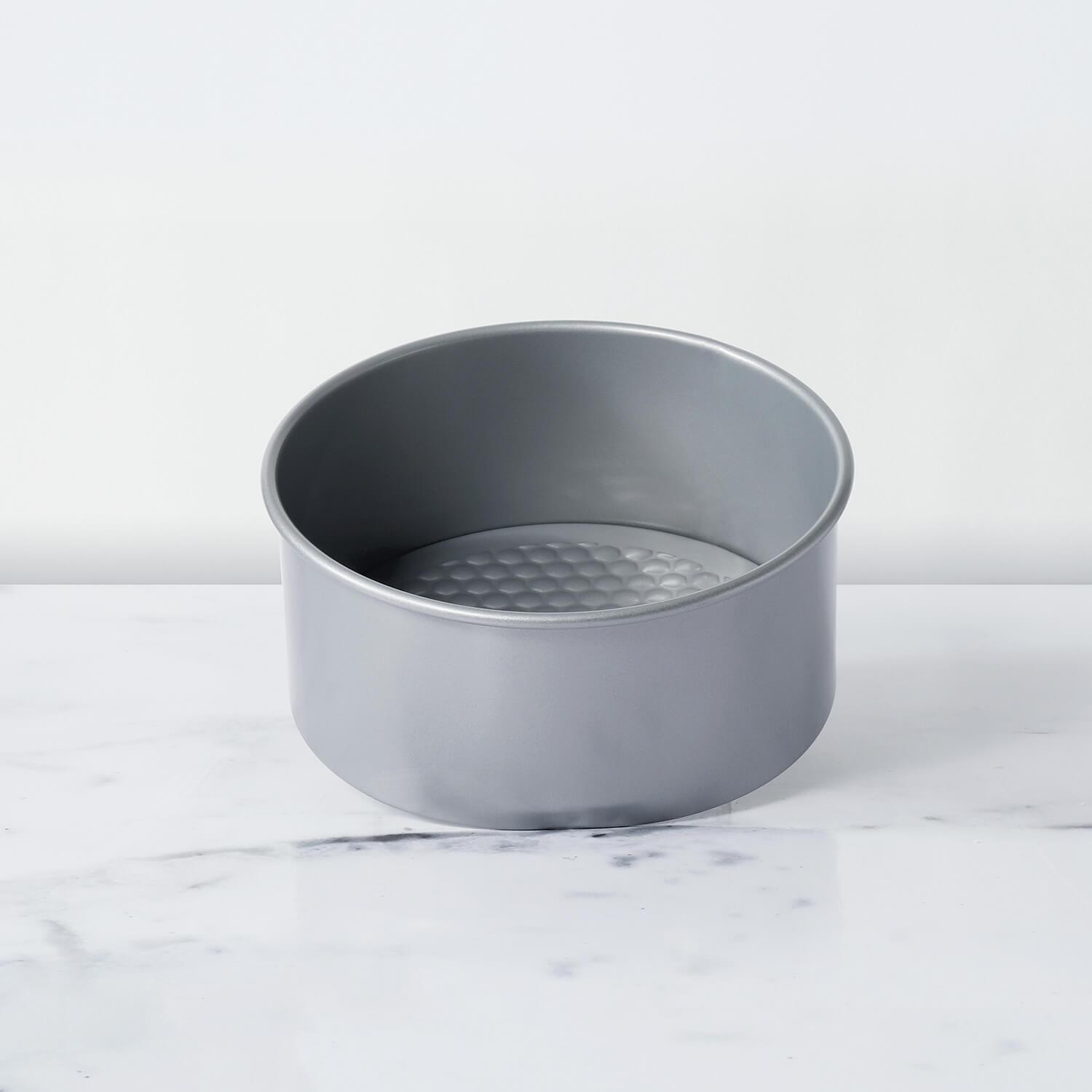




Leave a comment